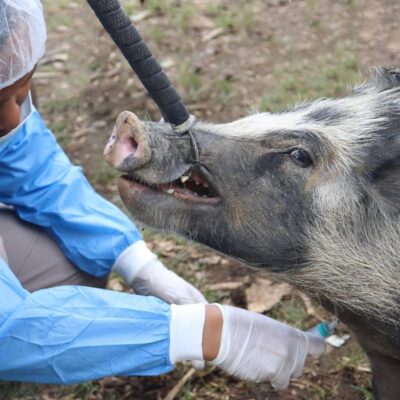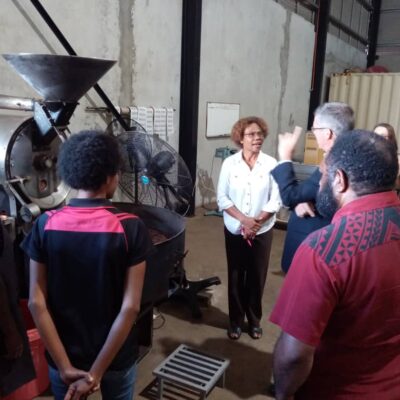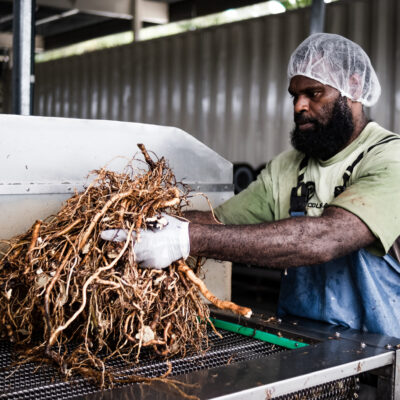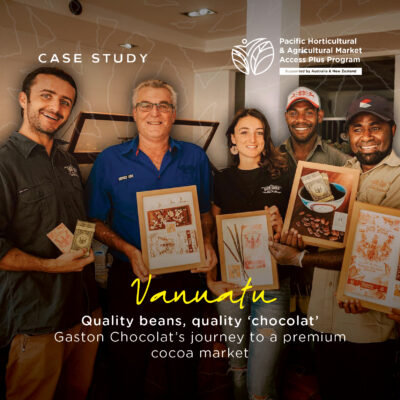AFRICAN SWINE FEVER IN PNG
African Swine Fever (ASF) is a highly contagious hemorrhagic viral disease of domestic and wild pigs. The disease is not harmful to humans, but it has a 95-100% case fatality rate in pigs. It is transboundary and can spread through live or dead pigs and pork products. It can also spread through contaminated feed and on shoes, clothes, vehicles, food scraps, knives, and other equipment. The experience of China, which has lost 50% of its national herd since the first case was detected in 2018, is illustrative of the potential impact of the disease. On March 26, 2020, as most of the world was responding to COVID-19, the Australian Centre for Disease Preparedness (ACDP) laboratory at CSIRO1, confirmed cases of ASF in the Mendi-Munihu District of Southern Highlands Province in PNG. With an estimated 20,000 pigs infected, this significant outbreak was a cause of national concern, with an earlier PHAMA Plus study indicating that an uncontrolled ASF outbreak could reduce the pig population in PNG by up to 90% and put the livelihoods of 340,000 households at risk. (Young, D., 2020). A rapid and effective response was essential. Download










